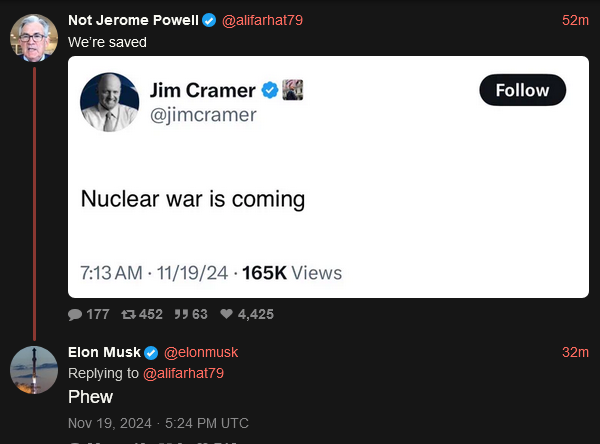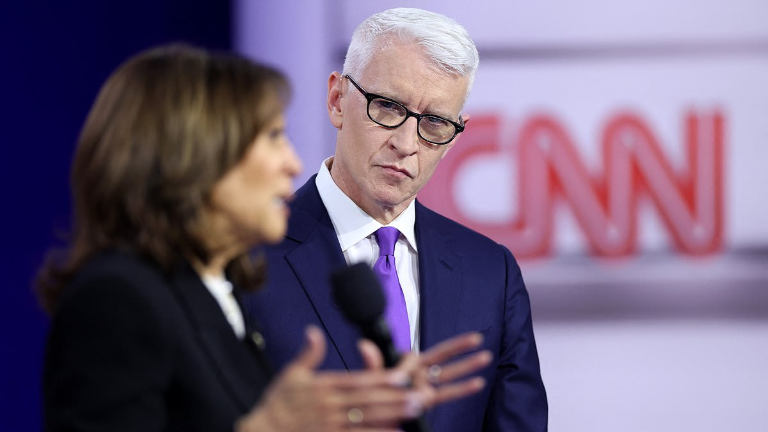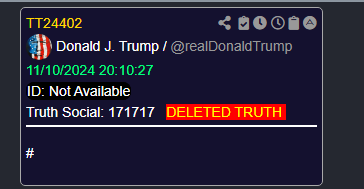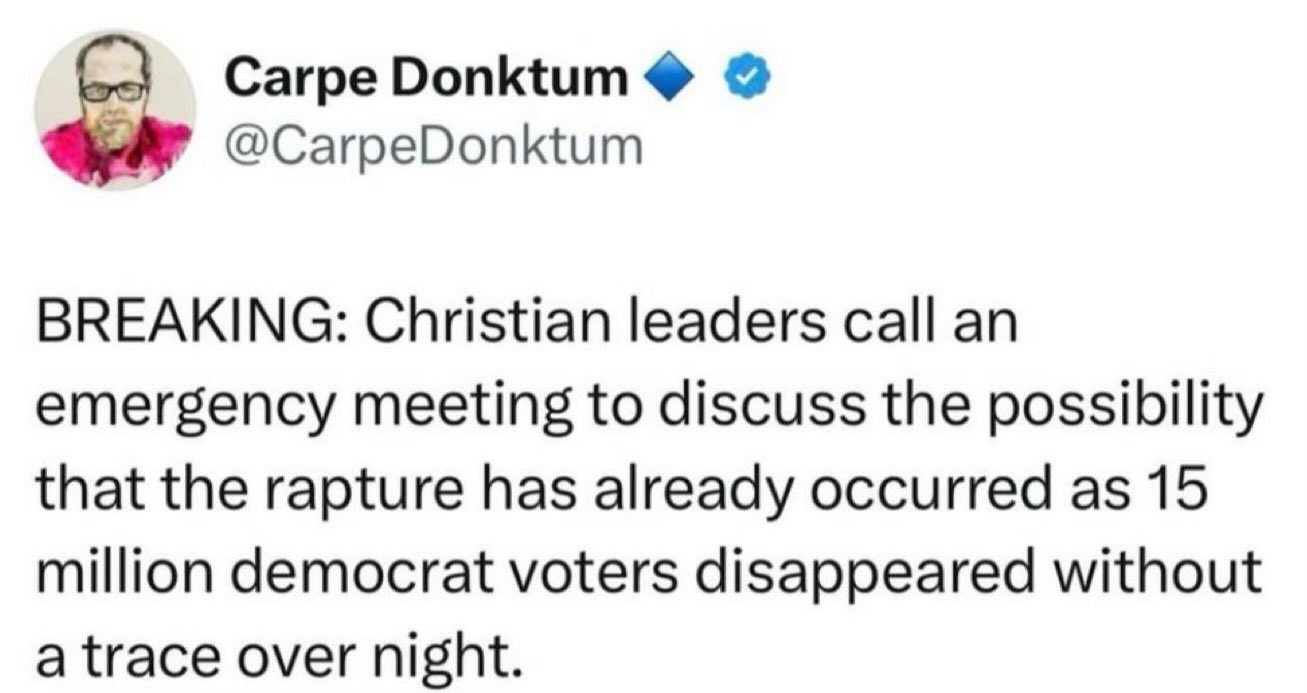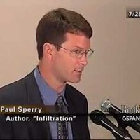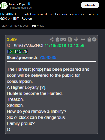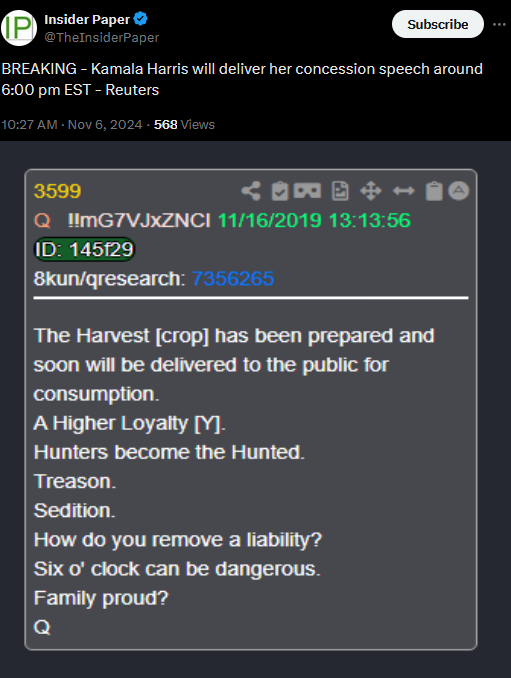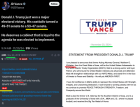

Venezuelan migrant with ties to Tren de Aragua busted in sick robbery of NYC prosecutor after she caught him masturbating in her home
A Venezuelan migrant with links to Tren de Aragua has been arrested for allegedly robbing one of Manhattan District Attorney Alvin Bragg’s prosecutors in her apartment building after she busted him masturbating, police sources told The Post Wednesday.
Brandon Simosa, 25, who has apparent ties to the vicious prison gang, was nabbed outside the Row Hotel migrant shelter in Midtown Manhattan Tuesday night over the sick ordeal, the sources said.
He is accused of robbing the 38-year-old assistant district attorney when she arrived home to her 44th Street pad at about 2 a.m. Sunday and busted him midway through the lewd act in the building’s hallway.
Simosa allegedly fled with the prosecutor’s phone after she dropped it in the moment, the sources said.
The phone was later traced to the vicinity of the migrant shelter, according to sources.
He was cuffed on a slew of charges, including sexually motivated robbery, grand larceny and criminal possession of stolen property.
It wasn’t immediately clear how long the alleged perp has been in the United States, or if he has been staying at one of New York City’s taxpayer-funded migrant shelters.
Still, he already has a lengthy rap sheet in the Big Apple with six other prior arrests in the last five months, according to sources.
Simosa was picked up just last week in Manhattan and later cut loose for grand larceny and criminal mischief, police sources said.
He was also arrested for a string of grand larceny, robbery and transit evasion incidents in Queens between June and August, per sources.
The migrant had been due to face a Queens court on Thursday after taking a guilty plea in the earlier cases, the sources added.
The Manhattan DA’s office did not immediately respond to a request for comment.

Trump Draft Executive Order Would Create Board to Purge Generals
Panel could upend military review process and raise concerns about politicization of military
WASHINGTON—The Trump transition team is considering a draft executive order that establishes a “warrior board” of retired senior military personnel with the power to review three- and four-star officers and to recommend removals of any deemed unfit for leadership.
If Donald Trump approves the order, it could fast-track the removal of generals and admirals found to be “lacking in requisite leadership qualities,” according to a draft of the order reviewed by The Wall Street Journal. But it could also create a chilling effect on top military officers, given the president-elect’s past vow to fire “woke generals,” referring to officers seen as promoting diversity in the ranks at the expense of military readiness.

It had to be this way. -Q
The 2024 presidential election will see the first application of a 2022 amendment to the laws governing the transfer of power between administrations.
There are 77 days between the Nov. 5 election and the Jan. 20, 2025, inauguration of the next president, during which time the president-elect will ready his or her administration to take over from President Joe Biden.
The handoffs between an outgoing administration and a government-in-waiting have been largely drama-free for decades, and they have been governed by the rules enumerated in the Presidential Transition Act of 1963.
The Electoral Count Reform Act will take effect this year, ensuring that five days after the election, the team of the winning candidate (or both candidates if the winner is not yet identified), will begin readying for the White House.
Unless another authority is designated by state law, the act appoints governors as the principal officials responsible for filing certificates of state presidential electors. By providing expedited court review of matters pertaining to electors, it guarantees that Congress can establish a final slate of electors.
The vice president’s involvement in the electoral vote count is defined by the new act as purely ceremonial, and he or she is not given any power to affect the count in any way. It also reduces the possibility of challenges by raising the threshold for congressional objections to one-fifth of each house. Previously, a single member of both chambers was needed to enter an objection to an elector or slate of electors.

